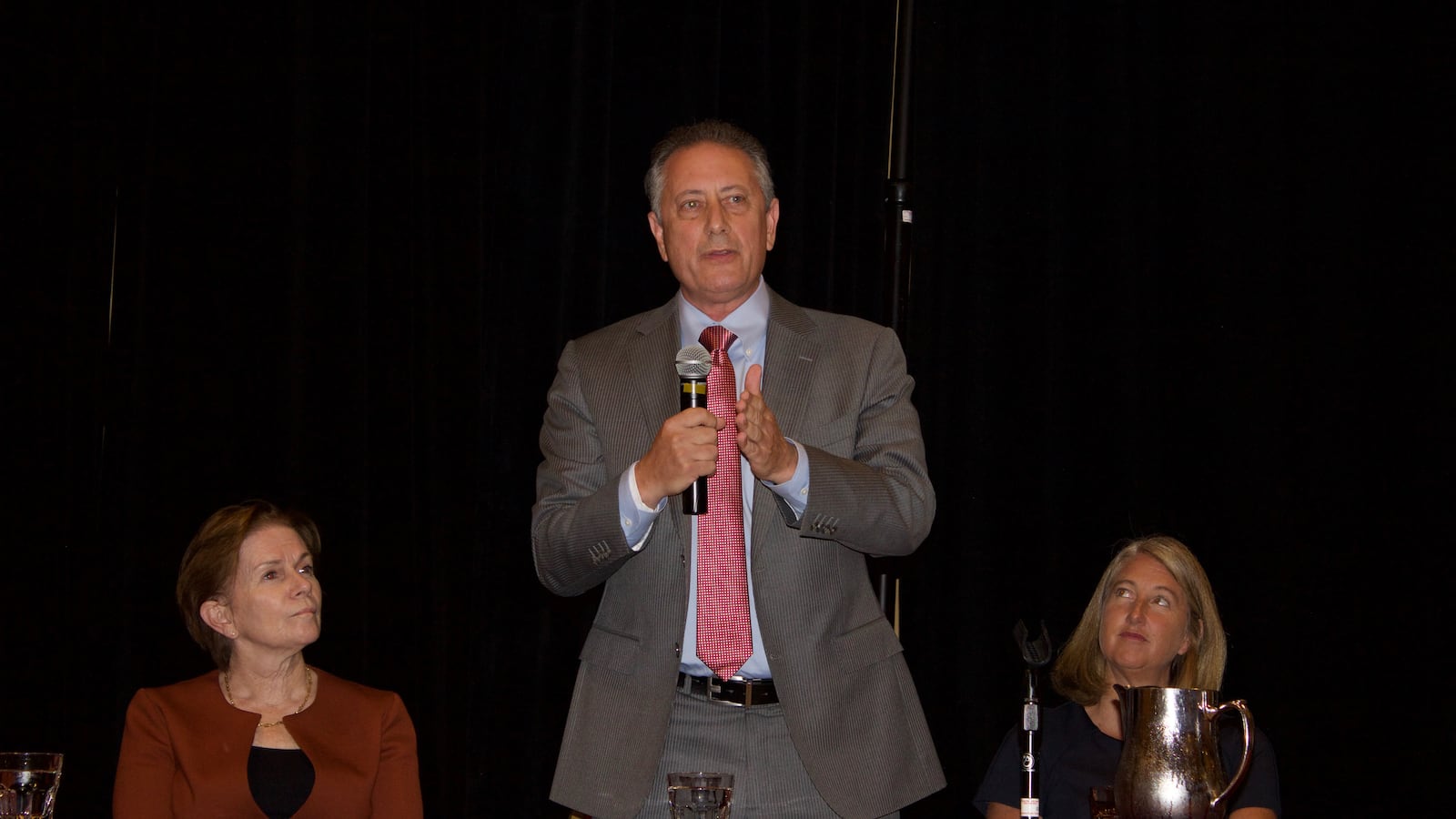Colorado’s 2018 gubernatorial contest got off to a red-hot start this year, and the state’s public schools have been a major part of the debate so far.
One reason why could be that many of the Democratic candidates have deep roots in education.
Before becoming a state senator and one of Colorado’s leading education reform advocates, Michael Johnston was a high school principal in the Mapleton School District, just north of Denver.
Former state Treasurer Cary Kennedy wrote the state constitutional amendment that requires funding for schools to increase each year. She also created a grant program to help build new schools across the state.
U.S. Rep. Jared Polis is the former chair of the State Board of Education and helped launch and lead the New America charter school network, which has schools in Colorado and New Mexico.
Businessman Noel Ginsburg helped start a new apprenticeship program for Colorado students called CareerWise. And Lt. Gov. Donna Lynne has served on a number of boards for education advocacy groups, including Democrats for Education Reform’s Colorado chapter.
Ties to the state’s education community are thinner among Republican candidates. But that doesn’t mean they’re sitting on the sidelines of the education policy debate. Ready Colorado, a nonprofit that advocates for conservative education reform policies, has hosted a series of conversations about education with leading GOP candidates.
So far, a handful of candidates have released full education plans for the state. Polis is calling for universal access to preschool, Kennedy wants to give teachers raises, and Republican Doug Robinson wants the governor and state education department to have more authority over low-performing schools — a rare position for a conservative in a local control state.
While Johnston has not released a full education plan, his central campaign promise is to provide two years of tuition-free college to all Colorado residents.
The race is only expected to intensify in the new year. The primaries — the first-ever in which unaffiliated voters can participate — are scheduled for June.


